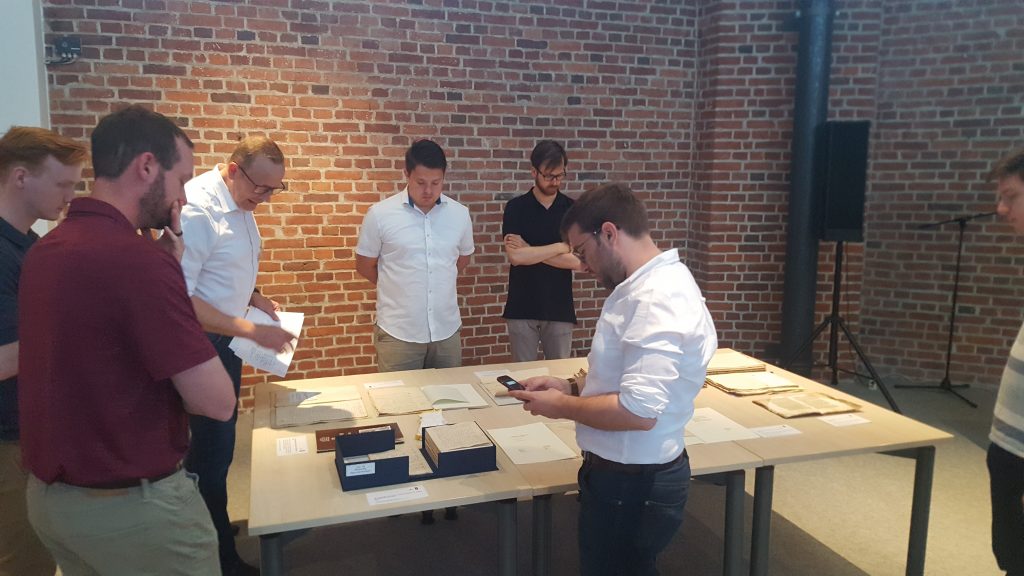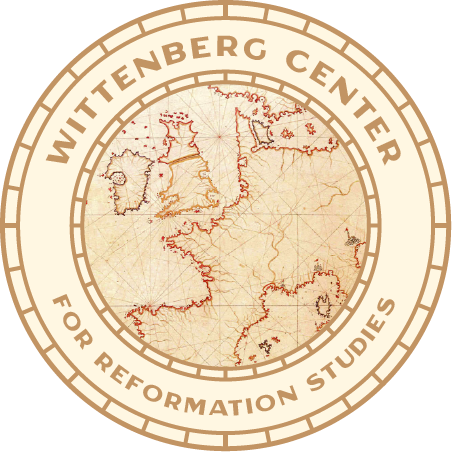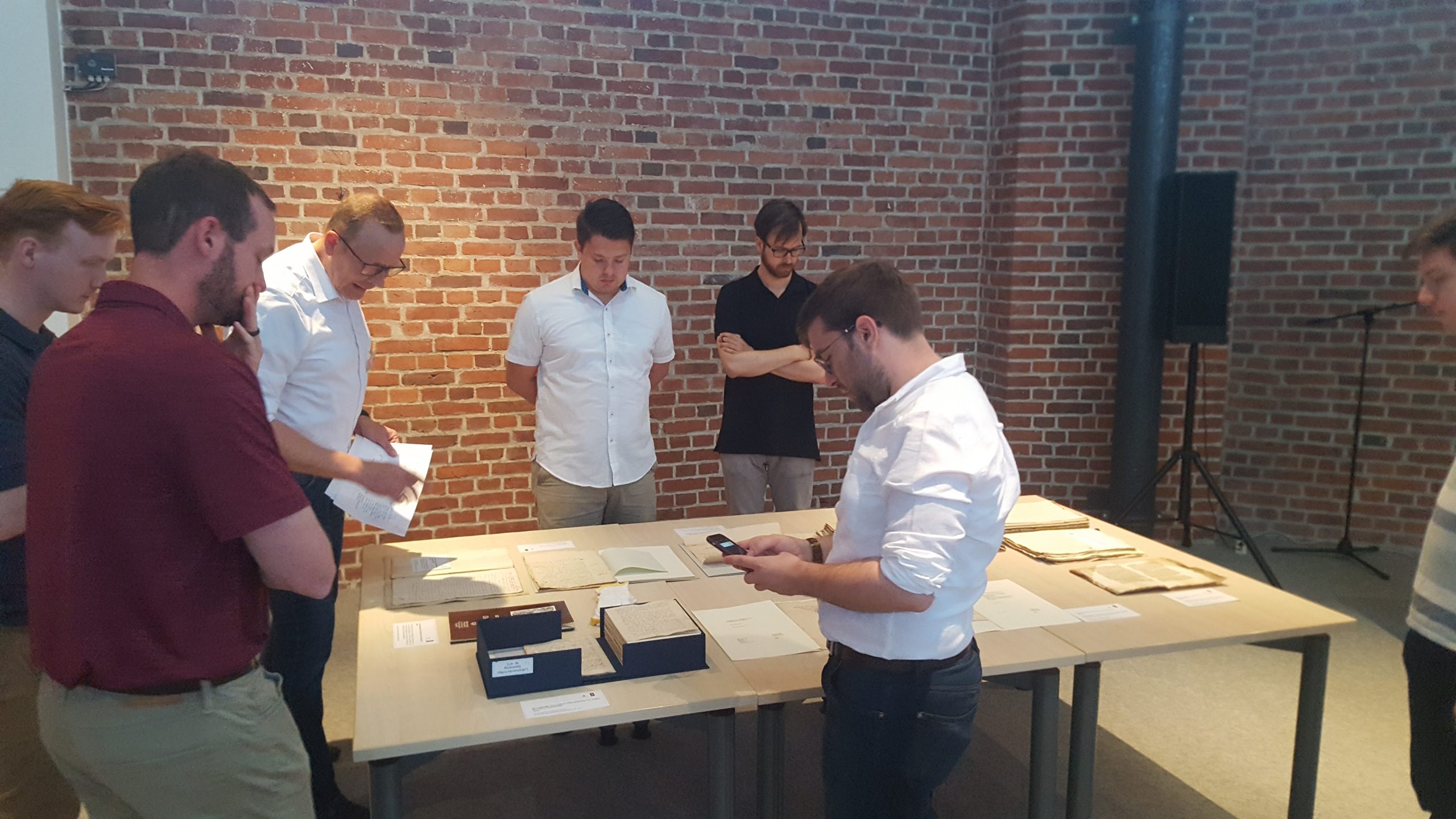The Wittenberg Summer Course is not only about Reformation history, but also about doing research on Reformation history. So, the Fellows boarded the regional train to nearby Dessau, where they visited the state archive (Landesarchiv Sachsen-Anhalt). The director of the state archive of Dessau, Dr Kinne, gave a two-hour tour and presented to the Fellows the marvelous collection of handwritten sources on the Reformation gathered by prince George III of Anhalt in the Sixteenth Century. In detail he explained how an archive is to be used and how important the work in an archive is for historians. A five-minute walk led the Fellows to St Paul’s church where the archive of the territorial church of Anhalt is located. The group was welcomed by the director of the church archive, Dr Brademann, who introduced the Fellows to the sources that can be found in a territorial church archive, e.g., to the church registers and visitation protocols that go back to the Sixteenth Century and show us how the life in a Protestant parish war like in early modern Anhalt.
In the afternoon the Teaching Fellow Dr Matthias Deuschle (University of Tübingen) presented his research on the German Reformation in the southwest. The Fellows discussed a text of the 1520s on reforming the church written by John Brenz. With Anhalt and south Germany other regions came into the focus and with George III and Brenz other protagonists showed the impact the Wittenberg Reformation had.



